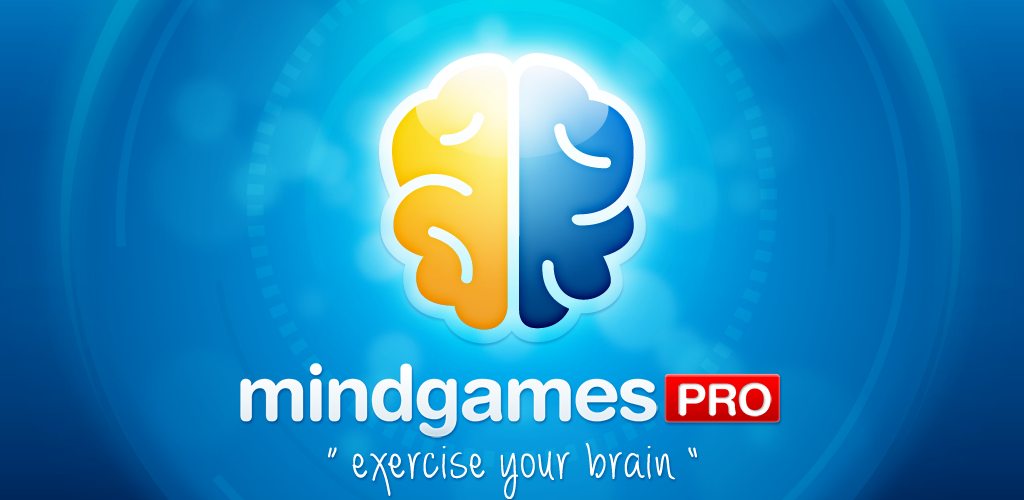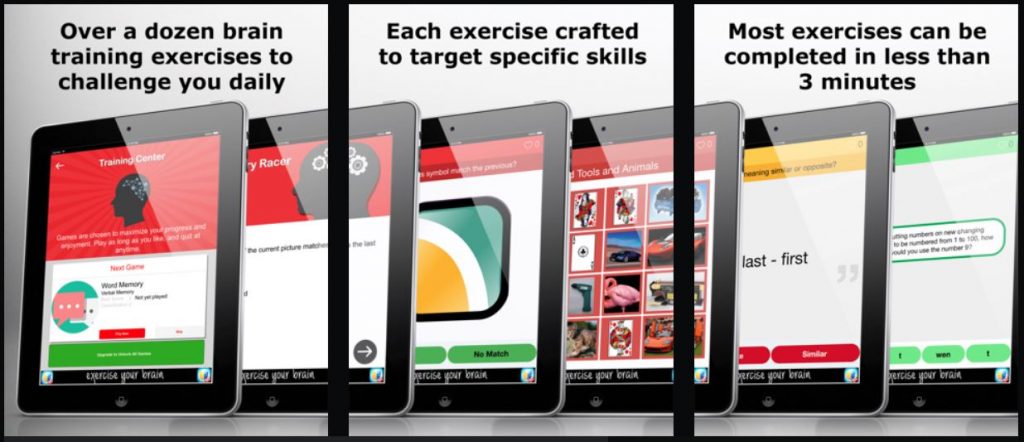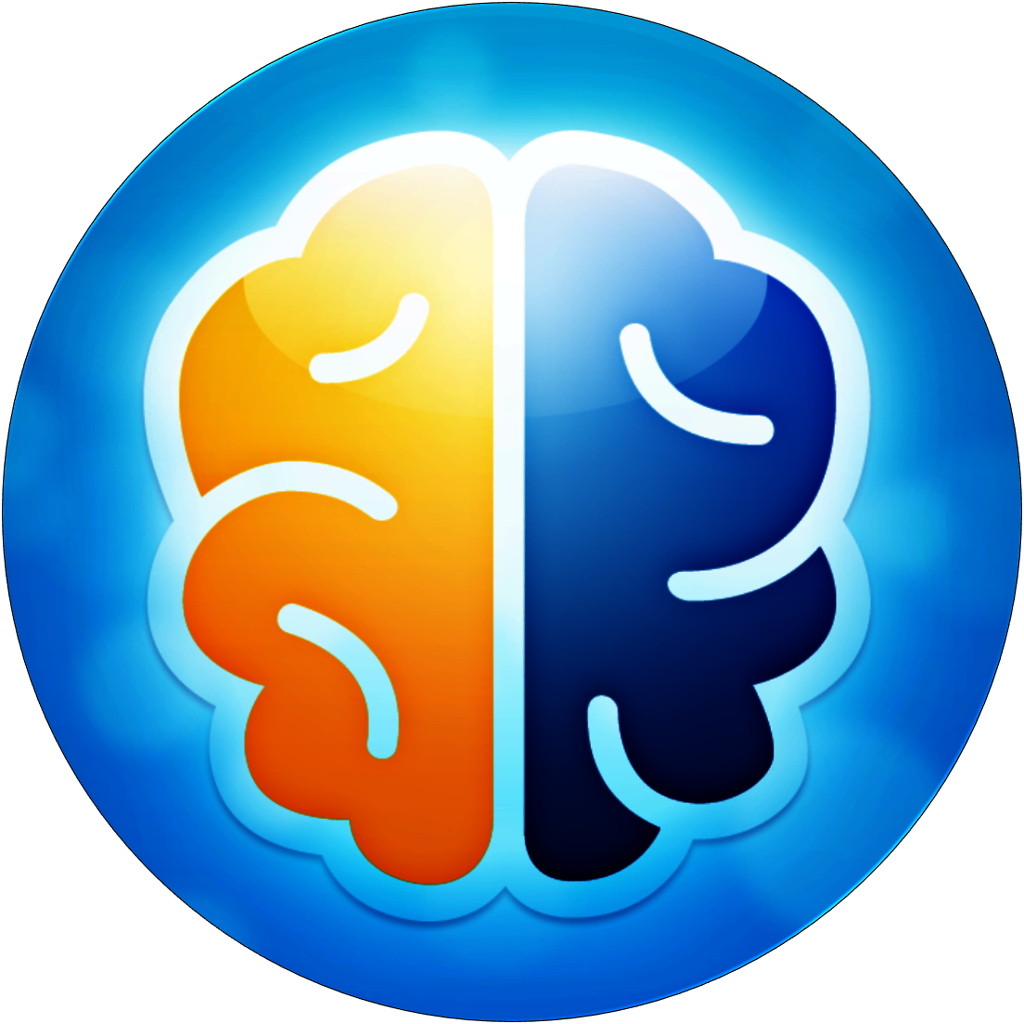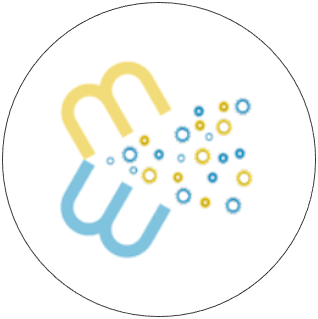
Back in 2011, I purchased my first copy Basic4Android (now B4A). At the time I was interested in learning a little about app development, but I didn’t want to learn Java. I had done some extensive programming in Visual Basic, VBA, and other languages before that. I was pleasantly surprised to discover that B4A shared a lot of the great features of Visual Basic. I cut my teeth on a couple of apps that I wanted to develop for my personal use–each of which garnered around 20,000-30,000 downloads. This helped me to really learn the language and some of the challenges and quirks of the Android ecosystem. What I found was that B4A was a serious programming language, and it was possible to rapidly develop robust mobile applications without wading into the morass of Java programming. Disclosure: I’m not getting paid anything to write this article. I am writing it out of appreciation for B4X, it’s creator, and the community.
Fast forward to about a year later, and I started developing what would later become a hit app. I named the app Mind Games since it was simple, easy to remember, and something that people might search for on the store without even knowing about the app. I had the idea of developing a brain training application from my background in psychology and noticing there was a lack of brain training games on Android. While obtaining my graduate degree, I developed many programs for the automated collection of experimental data in psychology studies. I had experience in neuropsychological testing and knowledge of many cognitive tasks. Drawing on this past programming experience and training in psychology, I was able to put together an initial app that contained 6 cognitive mini games. I added a few more games to it over the next several months, but the app didn’t have many downloads for about 5 months. Gradually though, something began to happen. It seemed like each day that went by the app garnered increasing downloads. Then something happened on the Amazon App Store. Mind Games rapidly ran up the chart to #1 in the App Store. It was a surreal feeling to see that happening. I wondered why it was happening and wondered when it would end.
The next couple of years were a whirlwind of work, fascination, wonder, and stress. I had a first class education in scaling problems. I had to switch back-end servers 6 times before arriving at a workable solution. Additional games were added frequently. Mind Games grew to include 46 games, went through a few visual re-designs, and was translated to 13 different languages. It was expanded to iOS and Windows from Android. Since it was released, Mind Games has garnered over 32 million downloads across its various versions and platforms. My company, Mindware Consulting, Inc., has achieved over 35 million downloads across its full catalog of apps.

There have been many things learned along the way. There were the expected times of great excitement and joy, but there were also a lot of unpleasant times. Ultimately, the unpleasantness led to personal growth as well as important learning and creative problem solving. I learned how to build a large-scale app affordably. There are wonderful ways to outsource things that are beyond your ability. One particular great thing I learned about was that there are services like Design Crowd. I have had design competitions there for feature graphics and app UI design. Every bit of money I have spent on those things has been worth it. I am more skilled in programming than I am in visual/UI design, so services like this have been great.
So, I also work as a psychologist. I have read a boat load of self-help books and books about success. Many of them teach people to dream big, and that is part of what will help you achieve big things. My example with Mind Games is the exact opposite. I will reduce my app development mindset to a simple statement: have low expectations and work really hard to make something I like to use and think maybe some others would like. Now, there are some other guiding principles that I discovered later like “develop apps that have large potential customer bases instead of apps that appeal to a narrow set of potential users.”
My goal when I first purchased B4A was to make enough money to pay for B4A. At the time I think it was $60 to $80 (it’s free now). That goal really makes me laugh when I think back about how ridiculously small it was and how much I underestimated the potential market for my apps. That said, I started to dream bigger after the app became a hit. Is there any wisdom to be had from this silly anecdote? Maybe it is: manage your expectations and B4X products are very affordable!
I have said it several times before on the B4X programming forums that I could not have done all of this without the B4X platform. The B4X IDEs feel like home to me. Every update has brought excellent new features and expanded cross-platform functionality. Erel, the developer of the languages, has personally provided much help and support to me and thousands of other developers. You can tell that he really cares about B4X and the community, and is remarkably skilled. The B4X community is truly helpful. There are many expert B4X programmers there who rapidly answer questions from new and more advanced users. On the rare occasion that platform libraries have not been available, I have been able to pay expert library developers to wrap native libraries. After 9 years in the app business B4X is still my favorite place to be and is the bedrock of my business. I’m looking forward to seeing what the future holds for my own business and for B4X. If you have not already done so, start learning and using B4X today. You might just make a little bit of money and have a lot of fun!

